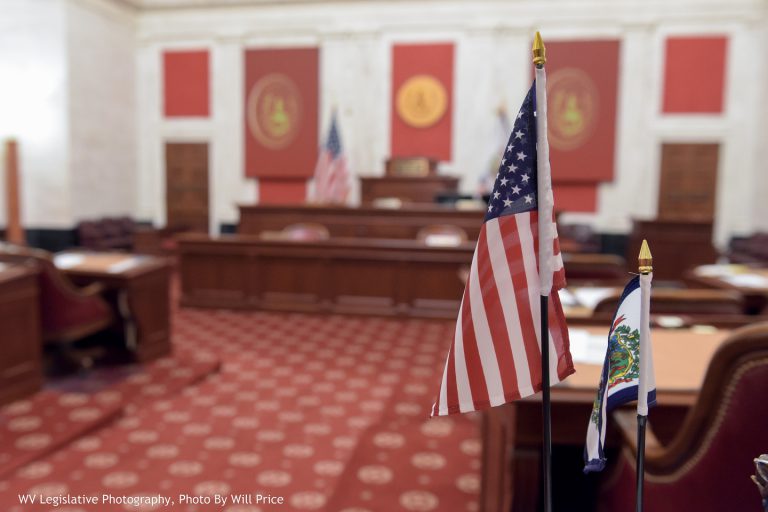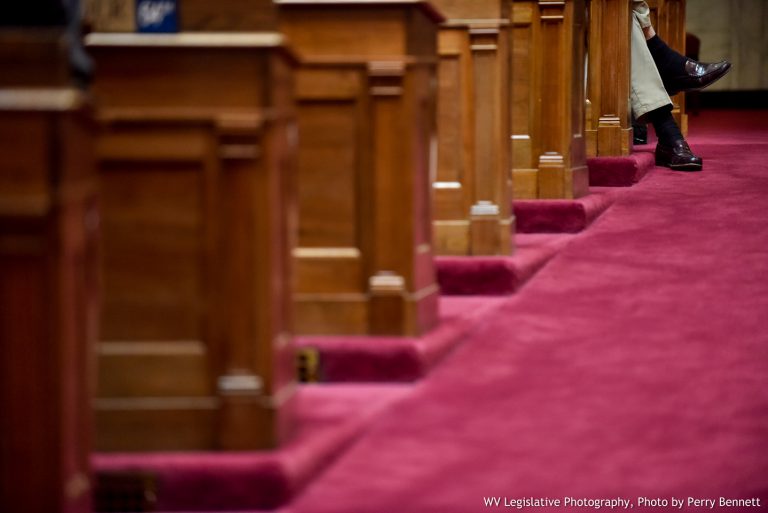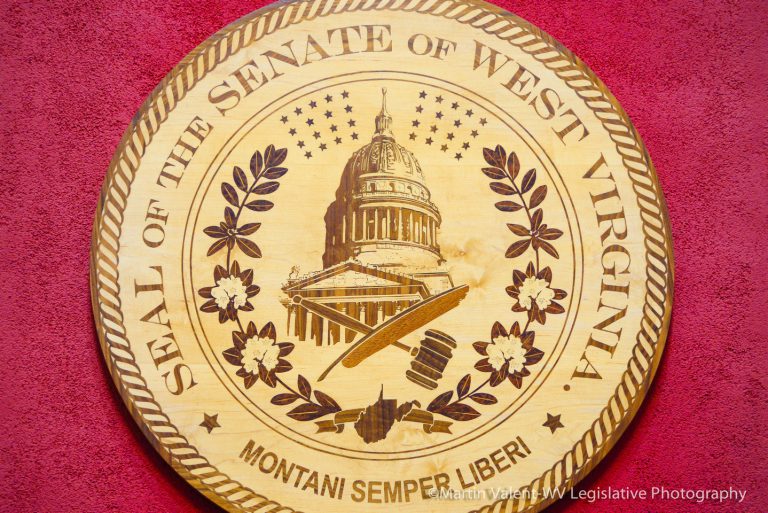
It is nearly impossible to pass through the city of Charleston without noticing the magnificent gold dome that sits atop the main Capitol building. Standing 292 feet above the ground, the dome can be seen from the interstates, boulevards and bridges that intertwine throughout Charleston.
Since its construction, the dome has been a prominent symbol of beauty and government for the entire state, and has played a dominant factor in the Capitol being named as one of the greatest capitol buildings in the United States. The dome also is close in design to that of the nation’s Capitol in Washington D.C., serving as a symbolic link between state and federal government.
Since the initial planning of the Capitol Complex, there was an agreement that the Capitol would feature a dome and rotunda. The dome of the Capitol was originally gilded in 1931 by the Mack, Jenney and Tyler Company. It is 75 feet in diameter and also, unfortunately, has been a lure for air pollution and other environmental assaults.
Although in the late 70s, an effort to restore the initial glory was made by having it painted gold and blue in order to save the state money. In the late 80s, another attempt to restore the dome with its original gilt also occurred. However, weather conditions were said to have affected the adherance properties of the gold leaf allowing for the development of unsightly stains.
In 2005, a large plastic covering which protected the work and provided climate control was removed to expose a newly gilded and aesthetically pleasing dome. The manner in which the massive dome was to be restored was determined by an online public poll. The public overwhelmingly supported the plan to return to the original design envisioned by architect Cass Gilbert, who built the Capitol in the 1930s.
This return to its original beauty allows citizens and visitors alike to marvel in the detail and architectural brilliance of Gilbert. For example, upon closer inspection of the Dome, there are a number of symbols and designs that were covered when it was given a monochromatic look in the 1980s. Since the restoration, viewers of the Capitol building are amazed at the intricacies and beauty of the images that up until very recently were hidden from view.
The meaning of the symbols, which appear on each panel of the Dome, are a mystery. This only adds to the mystique and majesty of the Capitol Building, bringing a sense of regalness and awe to the Kanawha Valley and to the many people who work within its confines.
Another interesting characteristic of the new dome, as designed by Gilbert, is that of an eagle at the very top of the dome, perched atop a 25-foot bronze spire built on a 34 ½-foot lantern. The eagle has a three-foot wide base and is over five feet tall. The tips of each wing are roughly a foot apart.
In the 1980s, two state photographers ventured to the top part of the dome and saw that both of the eagle’s eyes were in need of renovation; one had been shattered, and the other was completely missing. Overlooked in previous renovations, the eagle has been restored to its original splendor which features red marble eyes.








